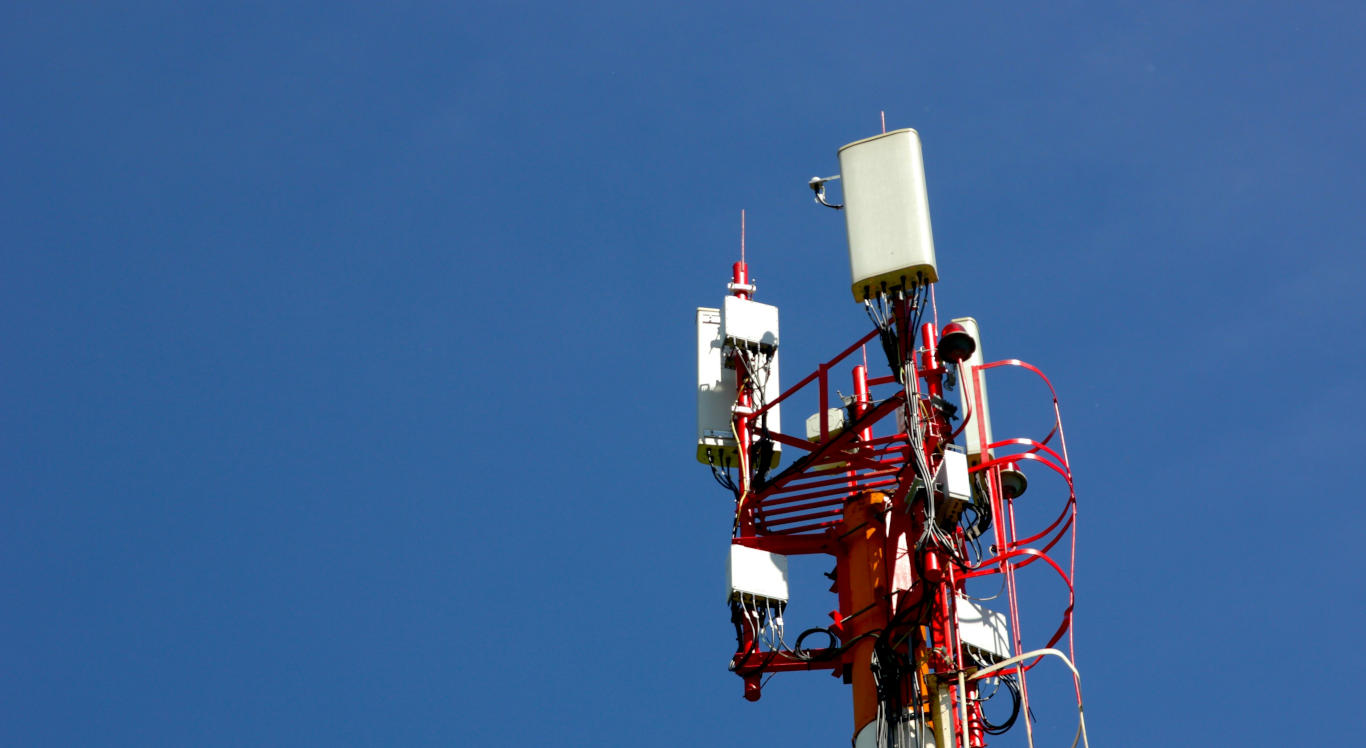Infrastructure Sharing - A Welcome Change to Indonesia’s Telecoms Obligation
Mar 03, 2025

In the ever-evolving telecommunications landscape, the obligation to construct and provide network infrastructure has long been a cornerstone of regulatory frameworks. A significant shift is underway in Indonesia to reshape the very foundations of how these obligations are met. Although infrastructure sharing is already acknowledged under the Ministry of Communication and Digital Regulation 5/2021 on the Provision of Telecommunications (“MCD 5/2021”), the regulation left a critical question unanswered: Could infrastructure sharing be leveraged to fulfil construction and provision obligations? This lingering uncertainty has finally been put to rest with the introduction of the Director General of the Provision of Post and Informatics Regulation 6/2024 (“DGPPI 6/2024”). It not only clarifies the role of infrastructure sharing but boldly endorses it as a legitimate means to meet these obligations.
The regulatory change represents more than a minor adjustment—it’s a significant shift in how the telecommunications sector operates. By formally allowing infrastructure sharing, Indonesia is fostering a more collaborative and resource-efficient approach to network development. This move has practical benefits for operators, such as faster deployment and lower costs, which would eventually translate to a more inclusive and affordable digital infrastructure for Indonesian users to enjoy.
The Traditional Framework: Unilateral Obligations
Historically, the obligation to construct and provide telecommunications networks has been a unilateral mandate imposed by the MCD. Preceding regulations, particularly MCD 5/2021, required telecommunications network operators to build and maintain their own infrastructure. The regulation and MCD’s dogma emphasised the need for operators to develop their networks independently, with an end goal of ensuring coverage and capacity in line with their licensing requirements.
The obligation was typically determined through a top-down approach, where the MCD set specific five-year plans for network expansion and service provision. Operators were required to fulfil these five-year plans, which will then be evaluated and approved by the MCD. Failure to meet these obligations could result in penalties, including official warnings, fines, or even revocation of operating licenses.
The Emergence of Infrastructure Sharing
The concept of infrastructure sharing was formally recognised under MCD 5/2021, which allowed businesses owning passive and active telecommunications infrastructure to share them with telecommunications network operators. However, the regulation did not explicitly state whether infrastructure sharing could be used to fulfil the construction and provision obligations imposed on operators. This silence left a grey area in the regulatory framework, as operators were unsure whether infrastructure sharing could be counted towards their mandatory network expansion targets, therefore holding back new players from entering the Indonesian telecommunications market, given the enormous investment to satisfy their construction and provision obligations.
The Clarification: Infrastructure Sharing as Fulfilment of Obligations
The introduction of DGPPI 6/2024 has now clarified this ambiguity. This regulation explicitly allows infrastructure sharing to be recognised as a means of fulfilling construction and provision obligations, particularly in areas where building new infrastructure is economically or logistically challenging.
Under this new framework, telecommunications operators can enter into agreements to share existing infrastructure, provided that certain conditions are met:
- Regulatory Approval: The MCD must approve the infrastructure-sharing agreements to align with national telecommunications goals.
- Duration and Scope: Infrastructure-sharing agreements must have a minimum duration of 10 years, ensuring long-term stability and commitment from all parties involved.
Aside from infrastructure sharing, another significant change introduced by DGPPI 6/2024 is the shift from a unilateral determination of obligations to a more collaborative process. While the MCD still sets overarching goals for network coverage and service quality, operators now have greater flexibility in how they meet these targets. The regulation allows operators to propose their own plans for fulfilling construction obligations, which the MCD then evaluates.
Implications for the Telecommunications Sector
The clarification that infrastructure sharing can fulfil construction and provision obligations has several implications for the telecommunications sector:
- Cost Efficiency: By allowing operators to share infrastructure, the regulation reduces the financial burden of building new networks, particularly in rural or underserved areas. This can lead to lower costs for operators, which may be passed on to consumers in the form of lower prices.
- Increased Competition: Infrastructure sharing can lower the barriers to entry for new operators, fostering greater competition in the telecommunications market. This can improve service quality and innovation as operators strive to differentiate themselves.
- Sustainability: Sharing existing infrastructure is more environmentally sustainable than building new networks, as it reduces the need for additional construction and resource consumption.
- Regulatory Flexibility: The collaborative approach to determining construction obligations allows for greater flexibility in meeting regulatory requirements. Operators can propose innovative solutions that align with their business strategies while still meeting the MCD's goals.
Conclusion
The introduction of DGPPI 6/2024 marks a significant shift in regulatory thinking. By explicitly allowing infrastructure sharing to fulfil construction and provision obligations, the MCD fosters a more efficient, competitive, and sustainable telecommunications sector. This dogmatic shift benefits operators and consumers and aligns with Indonesia’s broader national goals of digital inclusion and economic development.
As the telecommunications landscape continues to evolve, it will be crucial for regulators and operators alike to embrace these changes, ensuring that the sector remains dynamic and responsive to the needs of a rapidly digitalising world. We, at K&K Advocates, are able to guide you through these new requirements to help you achieve both compliance and your business goals. (EZS)
Should you have any further queries on this topic, please contact us at [email protected]
